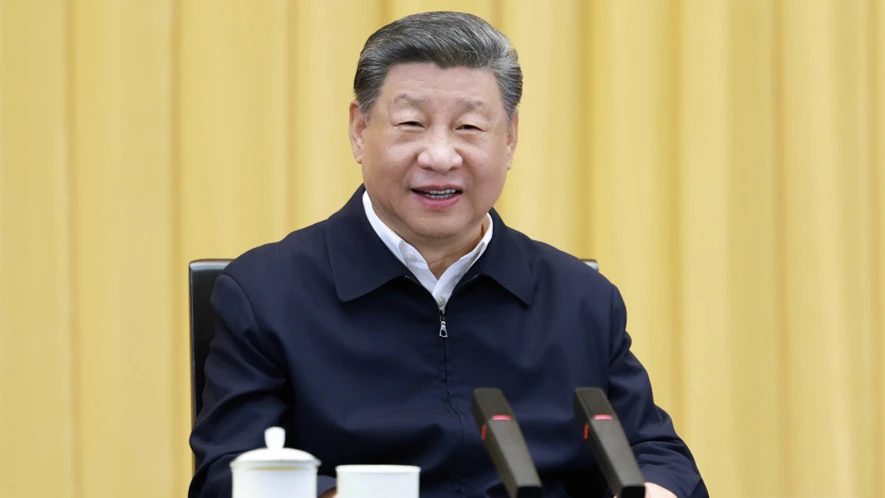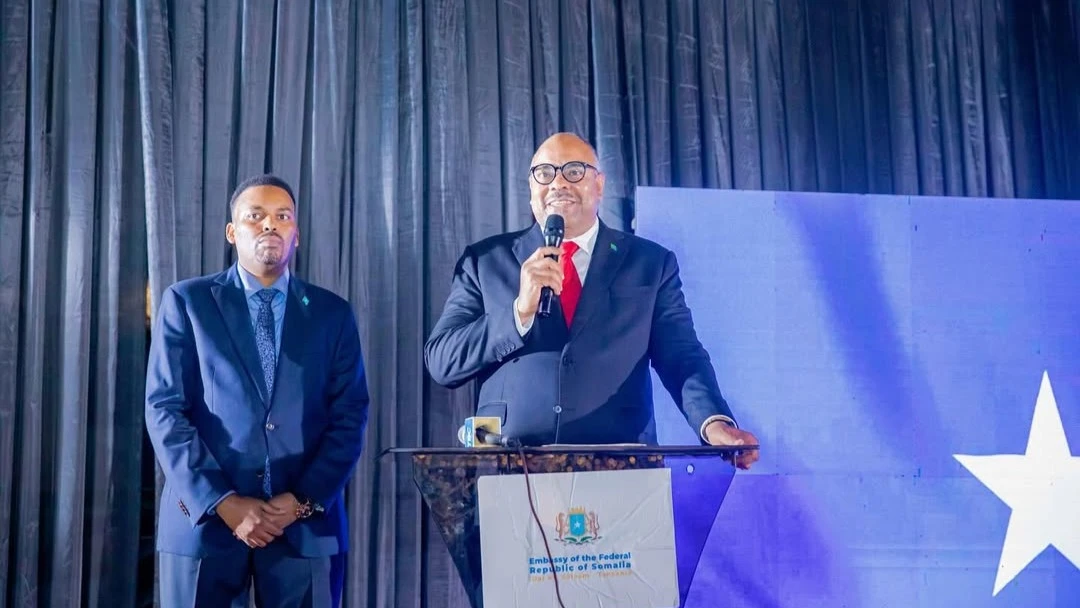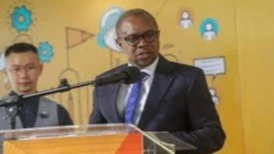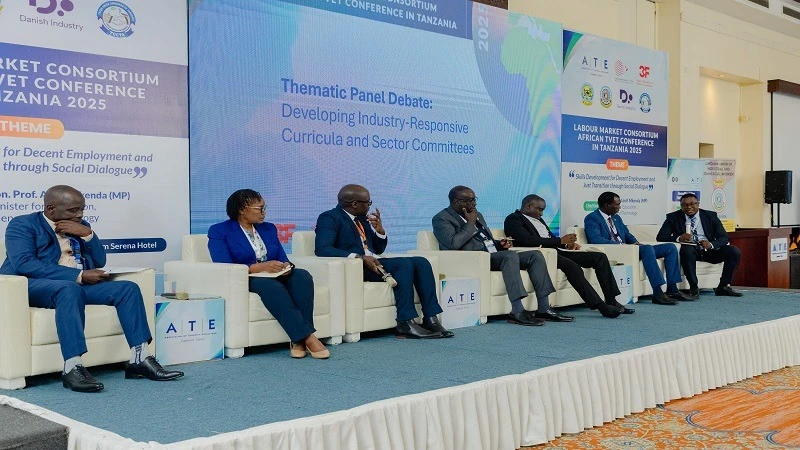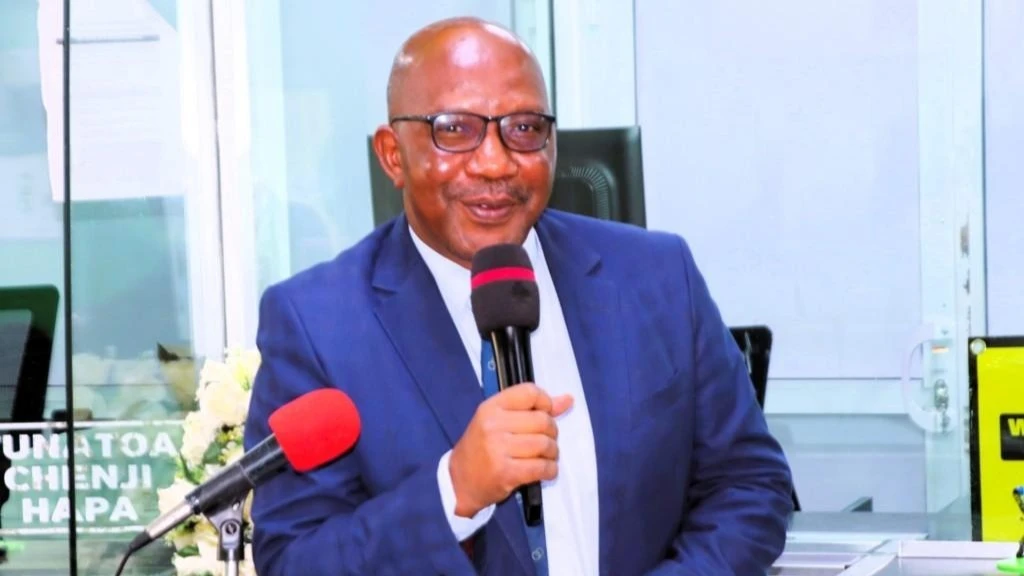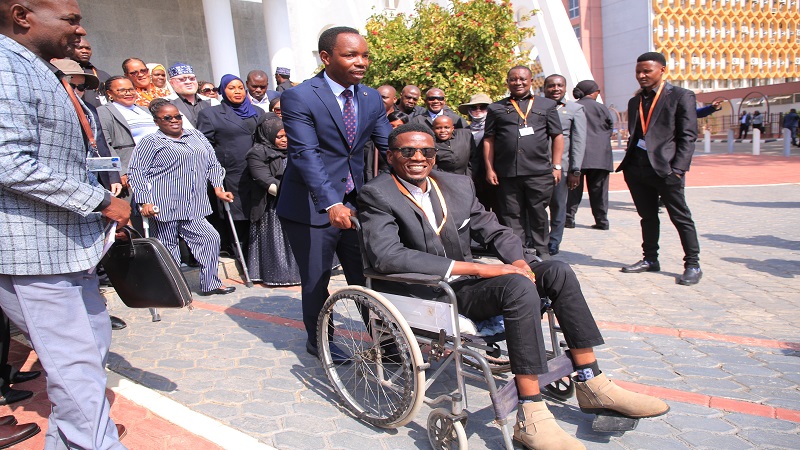Soft skills are the missing link in Africa’s youth employment agenda
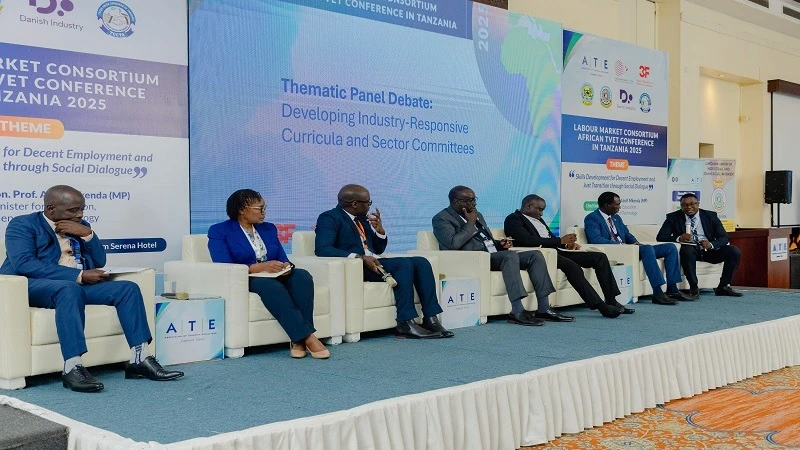
AT first glance, it looked like just another conference, folders neatly stacked, headsets at the ready, and quiet coffee-fuelled chatter filling the room. Everything looked business as usual, but behind the composed setting, a more urgent narrative was unfolding.
This wasn’t just another gathering to tick off development goals. It became a moment of reckoning—a space to confront what’s missing from Africa’s workforce agenda.
In one pivotal session titled ‘Enhancing Work Readiness and Soft Skills in Technical and Vocational Education and Training (TVET),” a simple yet powerful message echoed: technical know-how is no longer enough.
Soft skills such as communication, teamwork, adaptability, punctuality, and emotional intelligence are the real currency in today’s job market. And across Africa, far too many young people are entering the workforce without them.
What employers really want
The conference, hosted by the Association of Tanzania Employers (ATE) under the Labour Market Consortium Africa (LMC), drew voices from across the continent—and even from Denmark.
They came not only to speak, but to face a tough truth: the yawning gap between classroom learning and real-world expectations.
The theme may have sounded technical—‘Skills Development for Decent Employment and Just Transition through Social Dialogue.’ But what unfolded was deeply human.
“You can have the best technical skills in the room,” said Dr Kassim Kapalata, Director of Occupational Safety and Health at the Trade Union Congress of Tanzania (TUCTA). “And still fail, because no one taught you how to listen, how to lead, or how to learn from failure.”
While moderating the panel, Dr. Kapalata didn’t mince words. Soft skills are no longer optional—they’re essential. And Africa is falling behind.
What schools don’t teach
Hassan Dewji, HR Director at Mohamed Enterprises Tanzania Ltd. (METL), shifted the focus from education to culture.
“There’s no single place where soft skills are built,” he argued. “It’s a shared responsibility between schools, employers, and the youth all have a role.”
At METL, Dewji is turning that belief into practice. He’s leading programmes that fuse technical learning with behavioural growth like a Graduate Development Programme and an Employability Skills Boot Camp that covers everything from digital professionalism to timekeeping.
“Soft skills,” Dewji said, “are what get you promoted. They are what keep you in the job.”
Skilled but struggling
In Kenya, Veronicah Muhhiah, a lecturer at the Kenya Water Institute, sees the same story play out. Her students may graduate top of class, but stumble in their first job.
“You can master your field,” she said. “But if you can’t manage conflict or work in a team, you’ll struggle.”
Muhhiah called out the often-ignored essentials: empathy, emotional maturity, negotiation. These aren’t extras—they’re what transform a technician into a team player.
From South Africa, Paulus Mahlangu, Director of the SEIFSA Training Centre, shared a story—not data.
As a fresh graduate, he once walked into a job interview wearing jeans and sneakers. He was punctual. He had the skills. But he didn’t get the job.
“I didn’t know the rules,” he admitted. “And no one corrected me.”
Now, Mahlangu uses that experience to coach others. “We need to socialize young people into the workplace,” he said. “Teach them the hidden rules—not just the technical ones.” Across the room, heads nodded. His message landed.
Why soft skills aren’t embedded in formal education?
Ellen Ziwoya Phiri, from the Employers’ Consultative Association of Malawi, gave a frank response: “Curricula are already overloaded. And soft skills are difficult to assess. So they’re pushed aside.”
But that’s not the only challenge. Many young people enter the workforce with unrealistic expectations—quick promotions, high salaries, instant success.
“When reality hits,” Phiri warned, “they crash. We need to manage expectations early—and prepare them for the long game.”
Connected but alone
Oswald Manyerere, Resource Mobilization Coordinator at Don Bosco Tanzania, raised a red flag about digital life.
“Young people are online all the time,” he said. “But they’re not connected in meaningful ways.”
Likes, shares, and endless scrolling are not substitutes for teamwork, empathy, or critical thinking. These are learned through real interaction. And the most critical of all? Resilience.
“If we don’t teach that,” Manyerere cautioned, “we’re raising a generation that quits at the first failure.”
The panel didn’t end with empty slogans. It ended with a roadmap—a clear four-point action plan to bridge the gap—curriculum integration; embed soft skills in all training programs, from plumbing to ICT, mindset shift; treat soft skills with the same weight as technical competencies, professional conduct; teach basics like punctuality, dress code, ethics, and workplace behavior from day one and mentorship whereas participants raised concerns over the need to equip on-site mentors to guide new hires through the realities of the workplace.
“Preparing young people for work is not just the government’s job,” Dewji reminded the audience. “It takes all of us—teachers, unions, employers, parents, and the youth themselves.”
One frustrated delegate stood up. “We have people showing up to interviews in T-shirts and sneakers. Who’s telling them what’s expected?”
She didn’t blame the candidates. She called for intervention before the first impression is ruined.
Soft skills are human skills
No one in the room claimed the issue was solved. But something had shifted—a shared urgency, a sense that this was about more than employability.
For years, Africa has focused on hard skills—plumbing, finance, ICT, mechanics. But now, the continent must recognize that a diploma without self-awareness is just paper.
Soft skills go beyond jobs. They are about dignity, inclusion and the power to shape your future.
Top Headlines
© 2025 IPPMEDIA.COM. ALL RIGHTS RESERVED












